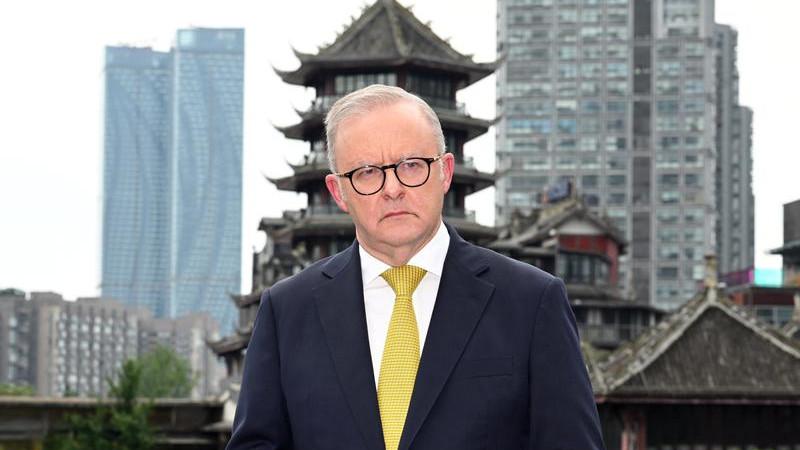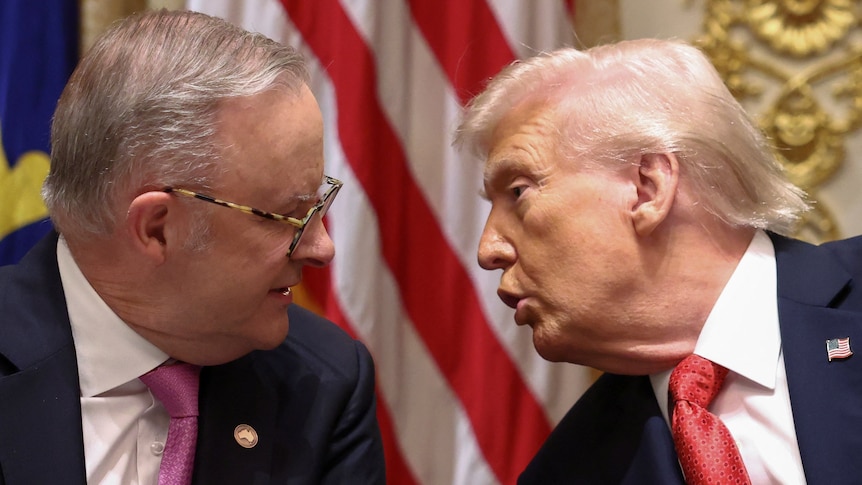
Anthony Albanese, Australia’s Prime Minister, recently concluded a significant diplomatic visit to China in November 2023. The trip aimed to strengthen diplomatic ties and foster a sense of mutual respect between the two nations. While discussions were optimistic and filled with gestures of goodwill, the visit has drawn criticism for lacking concrete outcomes that would benefit the Australian public.
The Prime Minister’s agenda included meetings with senior Chinese officials, where topics such as trade, regional stability, and climate change were discussed. Albanese emphasized the importance of dialogue, stating, “Engagement with China is crucial for Australia’s national interests.” His administration has sought to recalibrate Australia’s relationship with China, which has been strained in recent years due to various political and economic disputes.
Despite the high-level talks, critics argue that the visit did not yield significant commitments or agreements. According to analysts, the expectations set forth by the government overshadowed the actual results. The Australian government had hoped for advancements in trade relations, yet specific agreements remain elusive. The lack of tangible outcomes has led to skepticism among some observers regarding the effectiveness of the diplomatic mission.
Mixed Reactions from Stakeholders
Reactions to Albanese’s visit have been mixed among political leaders and business stakeholders in Australia. Some industry leaders had high hopes for renewed trade agreements that could enhance economic growth. However, the absence of concrete deals has left them disappointed. Jane Hume, Minister for Finance, stated, “While diplomacy is essential, we need to see actionable results that translate into economic benefits for Australians.”
Furthermore, the visit was highlighted by discussions on critical issues such as climate change and regional security. Albanese’s efforts to address these matters show a willingness to engage with China on global challenges. Yet, the lack of specific commitments raises questions about the effectiveness of these discussions. The Prime Minister’s critics argue that without measurable outcomes, such engagements risk becoming mere political theatre.
The diplomatic landscape between Australia and China remains complex. With ongoing tensions surrounding trade tariffs and geopolitical maneuvering in the Indo-Pacific region, many are watching closely to see how the situation evolves. Albanese’s administration will need to balance the desire for improved relations with the need to protect Australia’s interests.
The Path Forward
Looking ahead, the Albanese government faces the challenge of translating diplomatic discussions into concrete benefits for Australians. The Prime Minister’s visit to China marks a pivotal moment, but the focus must shift to securing specific agreements that can foster economic growth and enhance regional stability.
As the government navigates this intricate relationship, it must also consider the views of the Australian public, who expect transparency and results. The coming months will be crucial as Australia seeks to define its position in a rapidly changing global landscape.
In conclusion, while Albanese’s trip to China was marked by expressions of mutual respect and the intent to improve diplomatic relations, the lack of tangible outcomes suggests that more work lies ahead. The success of future engagements will depend on the government’s ability to turn dialogue into action that benefits both nations.






